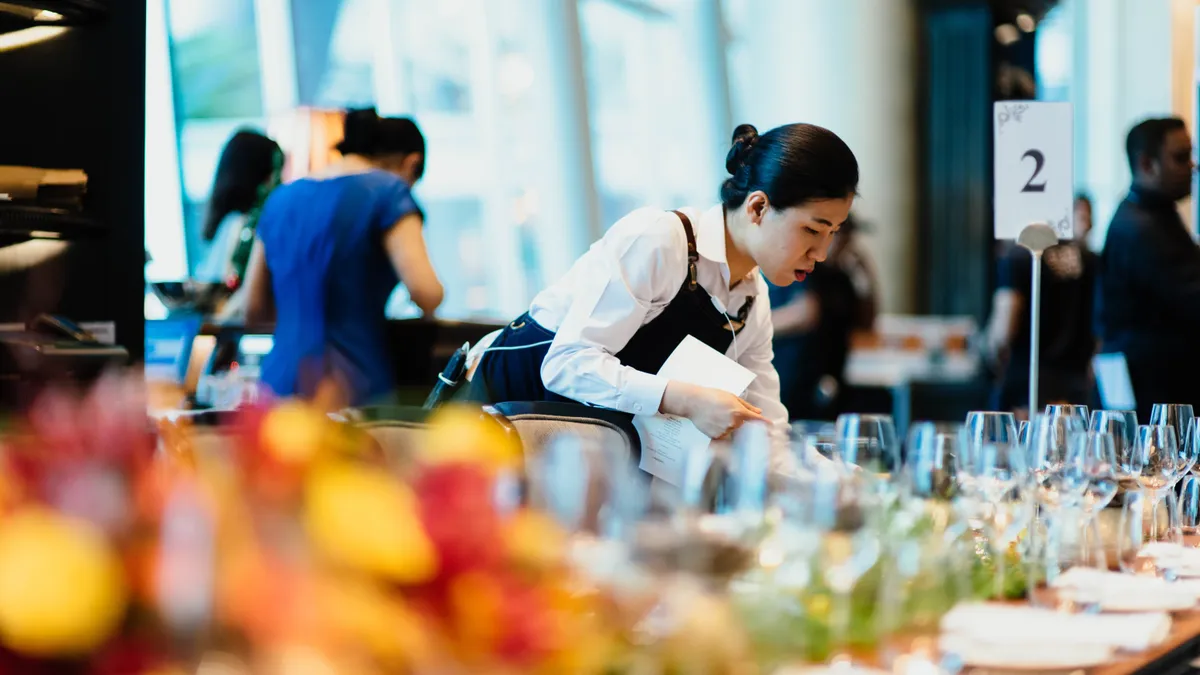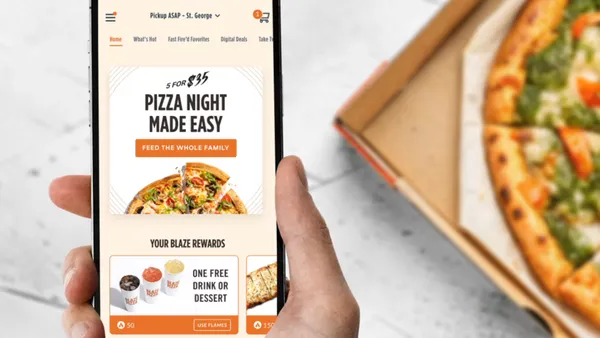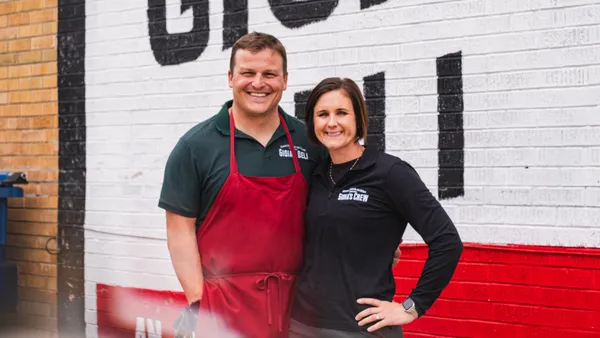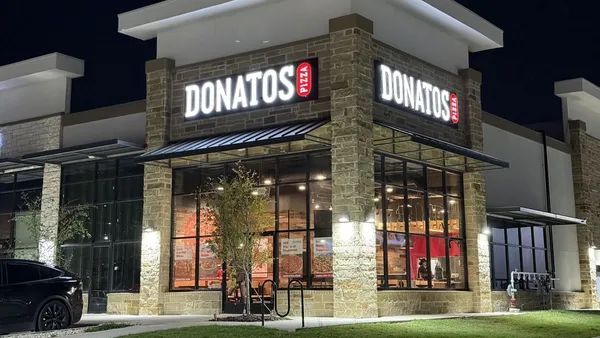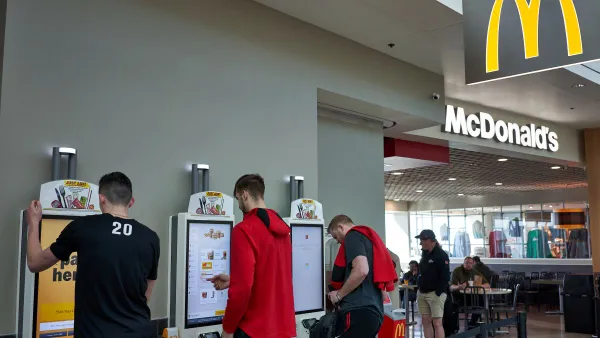Dive Brief:
- Celebrity chef Marco Pierre White has joined Eat Club, a food tech startup that offers discounts for customers with an objective of filling empty restaurant seats, according to Broadsheet.
- The app launched in Melbourne, Australia, in 2017, and in Sydney this year. There are currently 1,100 venues available on the app, and 250,000 users. The app will make its debut in the U.S. via New York in 2019.
- Eat Club operates similarly to hotel and airline websites, connecting customers to nearby restaurants with empty tables and offering last-minute deals to get them through the door.
Dive Insight:
The National Restaurant Association suggests offering last-minute deals as one solution to fill empty tables, which can be a major profit loss driver. Doing so via a mobile app — like the Eat Club model — can make it easier for operators to do so.
Adding an incentive also offers the chance for restaurants to potentially reach customers who otherwise might not come in because of sticker shock. As White told Broadsheet, “How many times do I walk into restaurants... and they’re half empty on a Monday, Tuesday, Wednesday night? And how many of these restaurateurs do a really good job? … We’re putting a spotlight on these restaurants.”
Typical discounts are about 30% for app users, which is hefty. But deep discounting is better than no sale at all, especially when 60% of restaurants fail within the first three years of operation.
Eat Club does charge a nominal monthly membership fee for restaurant operators, as well as a per-diner fee for any guests the app brings in. In a thin-margined business struggling to keep up with labor, real estate, food and technology costs, even a small fee can be detrimental.
However, restaurants have the option to use the service as much or as little as they want to, so the fee may not be as big of a hurdle in practice as it is on paper. It’s also not unusual for restaurants to pay a fee for reservation technology solutions. OpenTable and Reserve, for example, both charge restaurants $249 a month.
An easy argument can be made that the benefits outweigh the costs. No shows and empty tables are a big deal — not only do they erode profits, but also reputation. In the U.K., several independent restaurants recently lost hundreds or thousands of pounds because of no shows on Valentine’s Day, for example. No shows used to make up just 5% of bookings but they are now as high as 15% some nights because mobile devices make it easier to book reservations that are later abandoned. Eat Club will level the playing field for restaurant operators by making it easier for them to respond to no shows essentially in real time.
When Eat Club arrives in the U.S., it won’t be the only app that incentivizes customers to fill empty seats. Eatigo searches restaurant reservations that include discounts, while Groupon gobbled up Savored in 2012. That platform allows restaurants to promote discounts of up to 40% during slower times.
The big question will be if some restaurants — particularly higher-end concepts — are going to be willing to sign up for a discounting app. But as White said told Broadsheet, a half-empty restaurant is an embarrassing blow to a brand.


